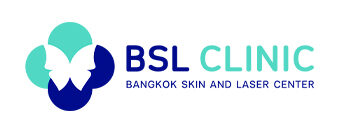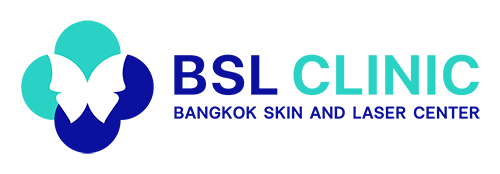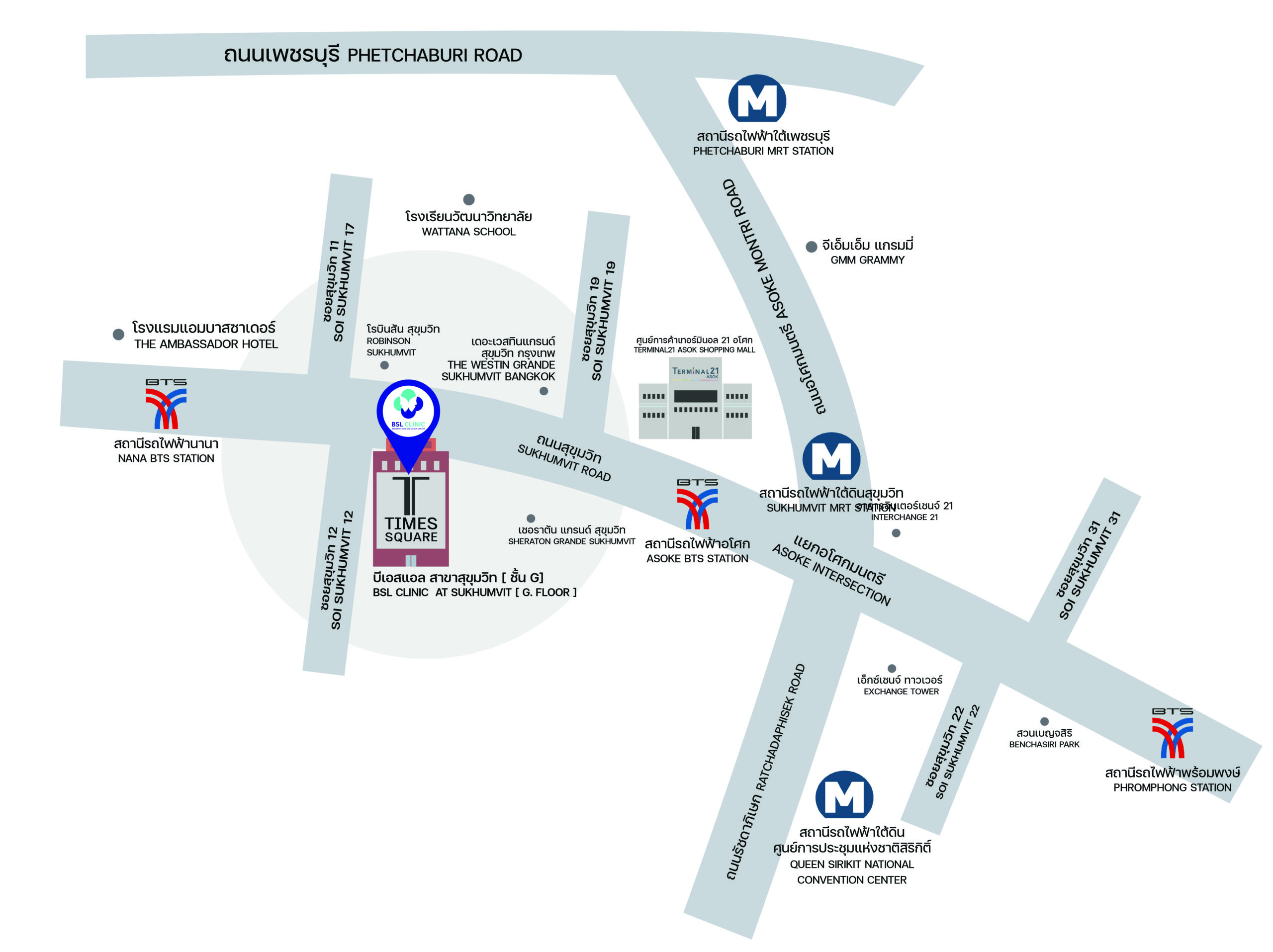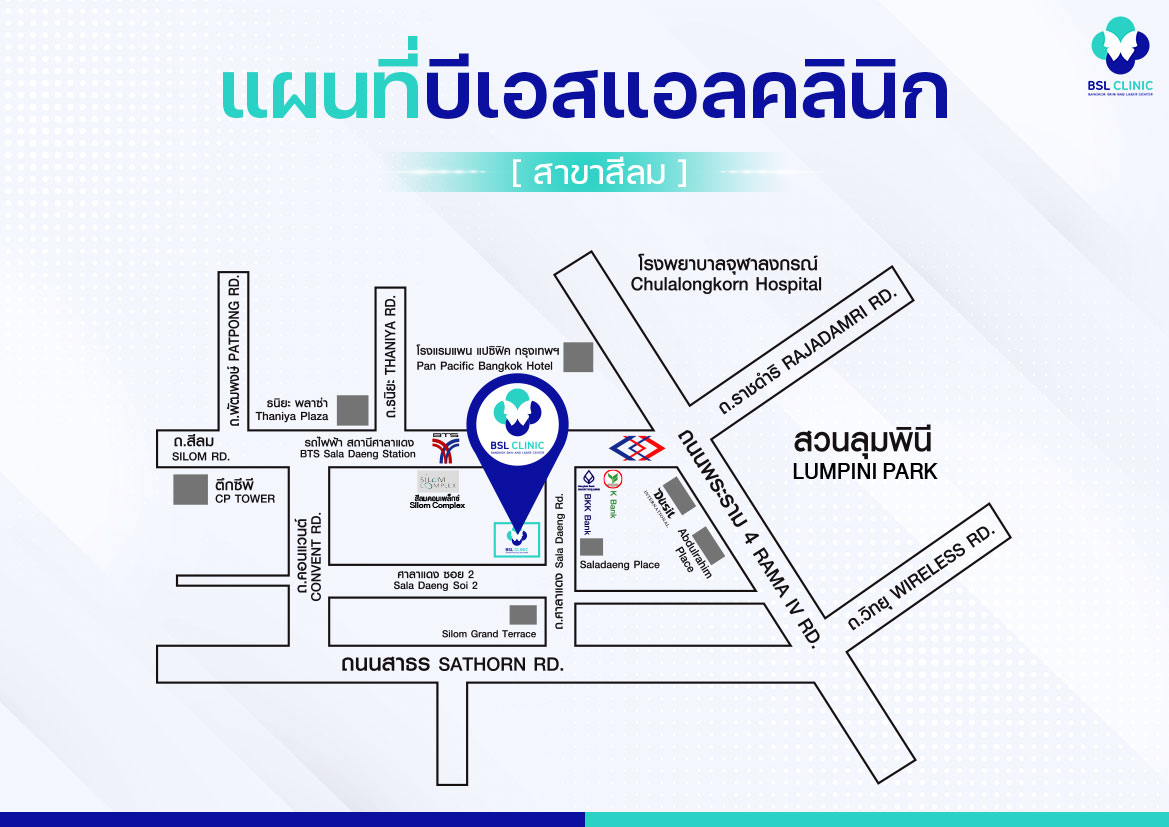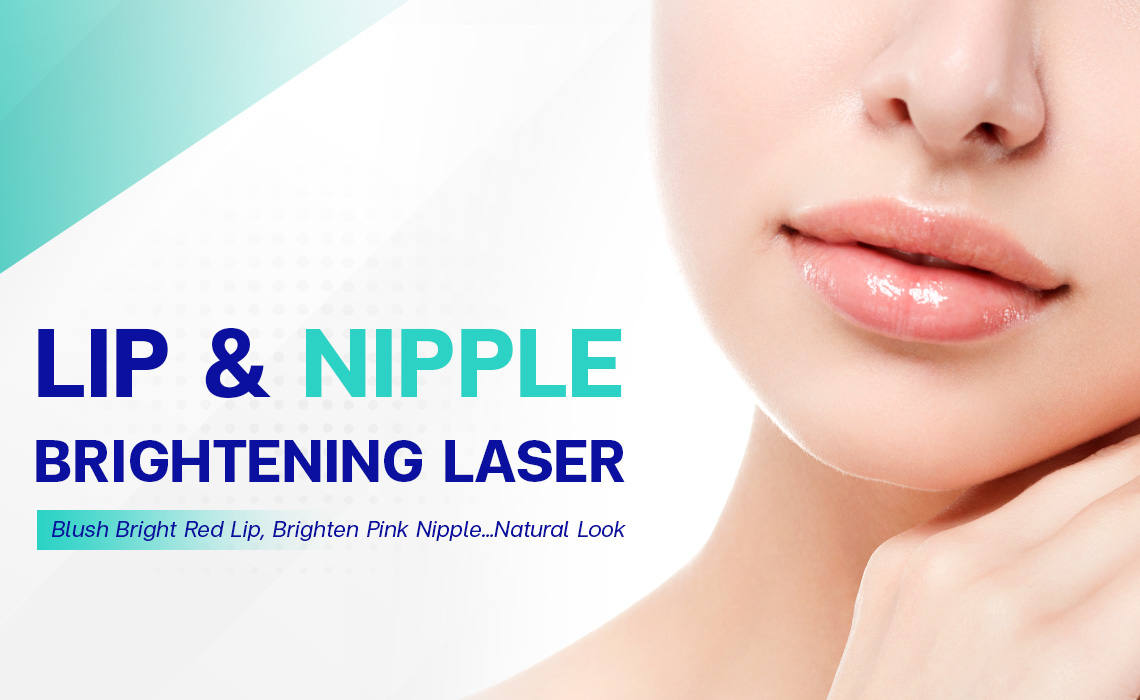
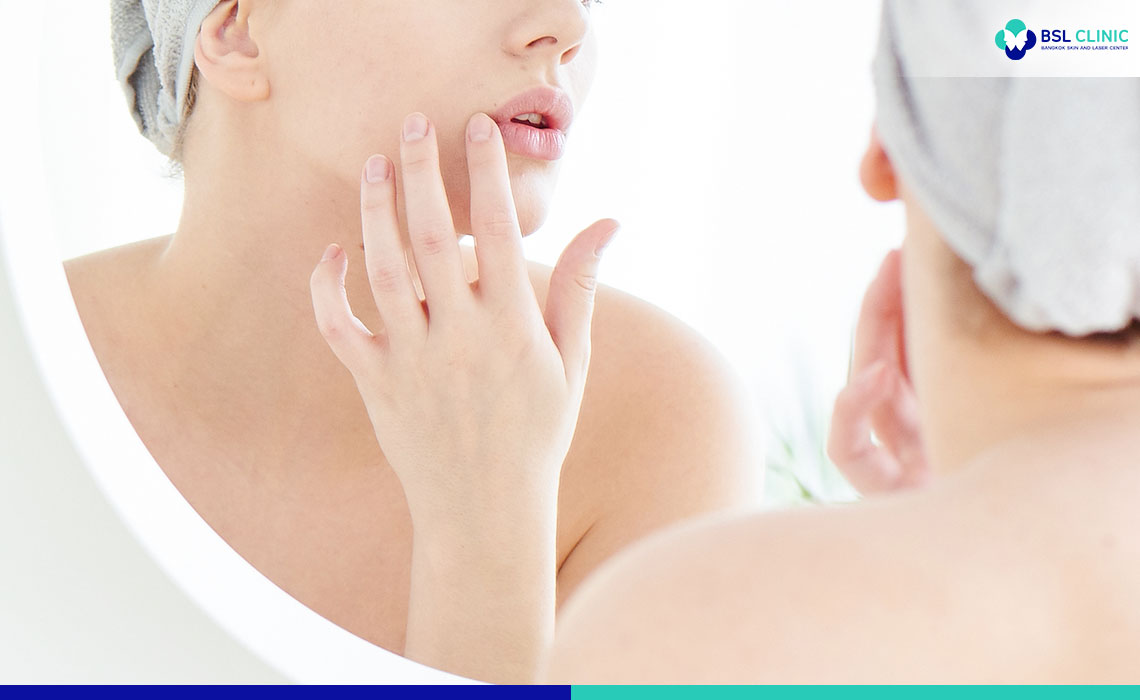
Causes of dark lips
Temperature and climate
It may affect the colour of the lips (varies between individuals). For example, colder temperature increases the likelihood of having darker lips. This occurrence is due to the shrinking of veins, which slows blood circulation.
Poor health status
Individuals suffering from anaemia, chronic illness, low blood circulation, recovering from post-surgery, heart or respiratory diseases.
Daily food consumption
Certain fruits including oranges, pineapples, mangoes and vegetables including celery, parsley, onion, garlic, ginger have a known substance called Psoralen. When the substance comes into contact with Ultraviolet (UV) radiation due to sun exposure, photosensitivity reactions occur. The stimulation of melanocyte generates an increase in pigments, where the lips become inflamed and turn darker.
Medications
Certain medications cause photosensitivity reactions including drugs for diabetics, diuretics, antifungal infections and antihistamines.
Dry, cracked or flaky lips
Occur from toothpaste and mouthwash products containing high concentrations of alcohol, SLS and menthol ingredients.
Lipsticks
Substances in cosmetic products contain dyes, fragrances, lanolin and preservatives.
Natural and built environments
Cold and dry weather conditions or working in an airconditioned room for an extended period increases the risk of developing dry lips.
Licking the lips
Increases the occurrence of drier lips due to the enzymes in your saliva.
Lip balm usage
In the short-term, it aids in reducing the dryness of the lip, however in the long-term, it increases the lips to become drier. The primary substances found in lip balms saps the moisture out of the lips, resulting in the continuous application of lip balm.
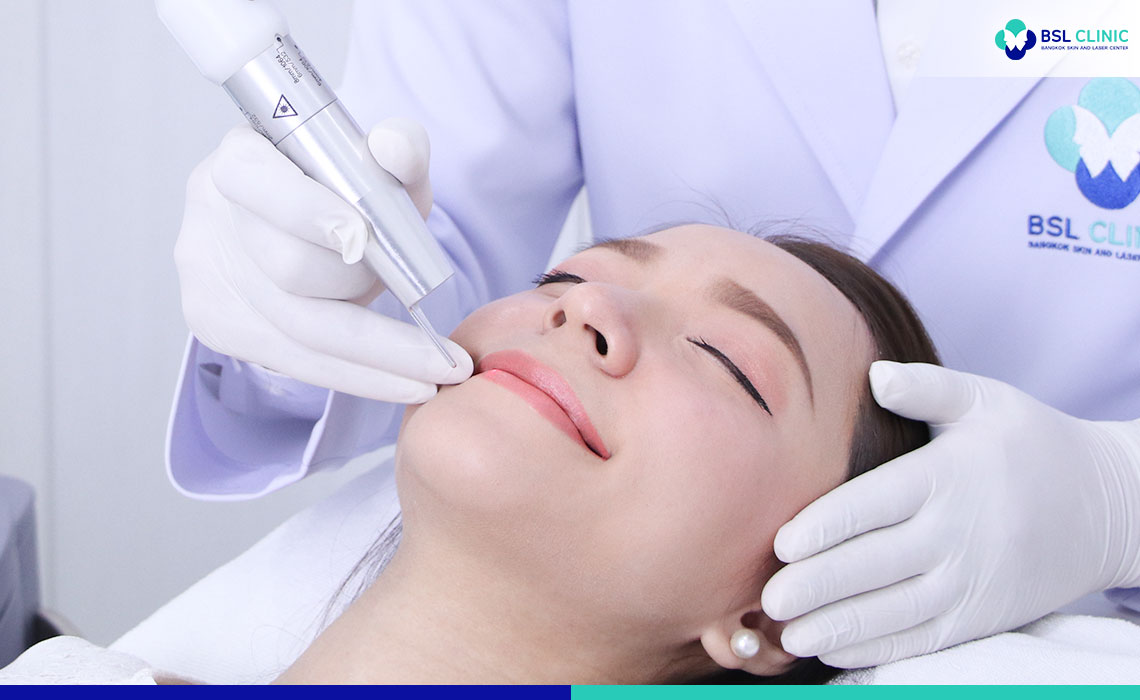
Lip and Nipple Brightening Laser – The advanced laser technology employed by BSL Clinic’s dermatologists accurately targets the problem area to remove dark melanin pigments situated underneath the surface of the skin, without harming the surrounding tissues. The Asclepion Q-Switch Ruby and Revlite are both US FDA approved types of pigmented removal lasers, where treatment results are seen after 1 to 3 sessions (vary between individuals). Anesthetics are applied to the lips or nipples before the laser treatment to minimise discomfort. After treatment, the lips may swell, become red and turn into a thin scab within 2 to 3 days. The scab naturally peels off within 1 week to reveal pink lips. After 2 to 4 weeks, the treatments are repeated to produce practical and desirable results.
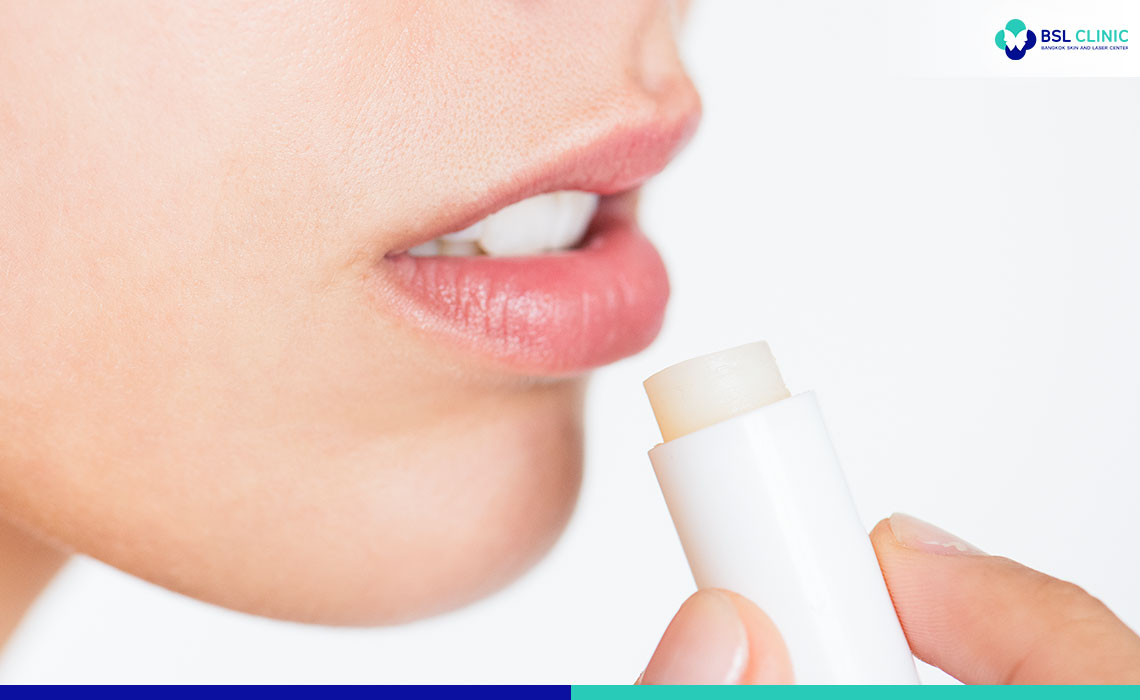
Preventative Measures After Treatments
- Avoid harmful chemical substances or stimulants
- Drink water to keep hydrated
- Use natural-based toothpaste
- Avoid licking the lips
- Apply petroleum jelly instead of lip balm
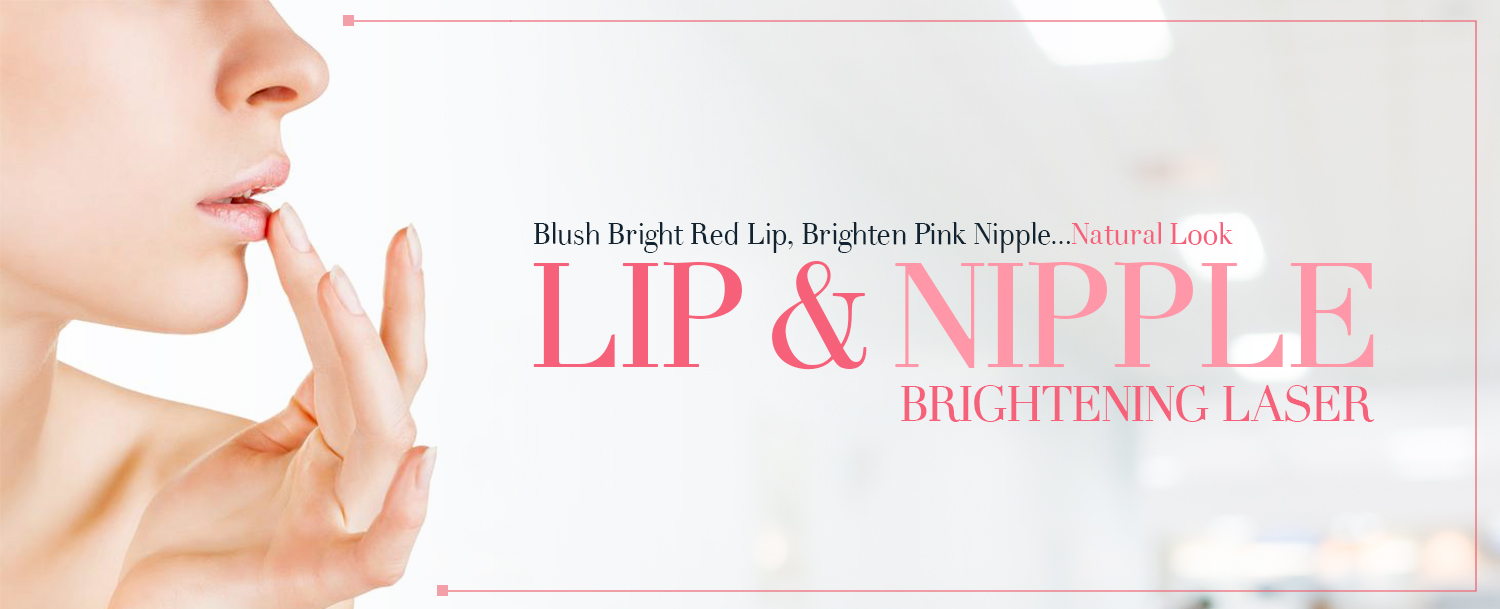
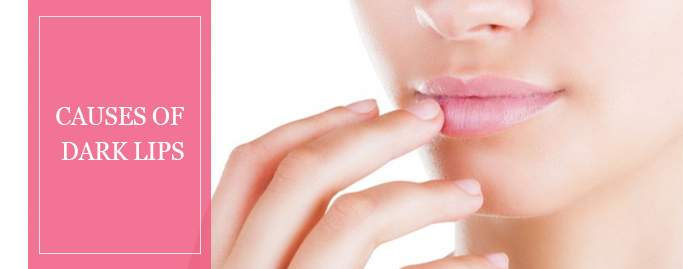
- Temperature and climate – It may affect the colour of the lips (varies between individuals). For example, colder temperature increases the likelihood of having darker lips. This occurrence is due to the shrinking of veins, which slows blood circulation.
- Poor health status – Individuals suffering from anaemia, chronic illness, low blood circulation, recovering from post-surgery, heart or respiratory diseases.
- Daily food consumption – Certain fruits including oranges, pineapples, mangoes and vegetables including celery, parsley, onion, garlic, ginger have a known substance called Psoralen. When the substance comes into contact with Ultraviolet (UV) radiation due to sun exposure, photosensitivity reactions occur. The stimulation of melanocyte generates an increase in pigments, where the lips become inflamed and turn darker.
- Medications – Certain medications cause photosensitivity reactions including drugs for diabetics, diuretics, antifungal infections and antihistamines.
- Dry, cracked or flaky lips – Occur from toothpaste and mouthwash products containing high concentrations of alcohol, SLS and menthol ingredients.
- Lipsticks – Substances in cosmetic products contain dyes, fragrances, lanolin and preservatives.
- Natural and built environments – Cold and dry weather conditions or working in an airconditioned room for an extended period increases the risk of developing dry lips.
- Licking the lips – Increases the occurrence of drier lips due to the enzymes in your saliva.
- Lip balm usage – In the short-term, it aids in reducing the dryness of the lip, however in the long-term, it increases the lips to become drier. The primary substances found in lip balms saps the moisture out of the lips, resulting in the continuous application of lip balm.
Treatment Methods
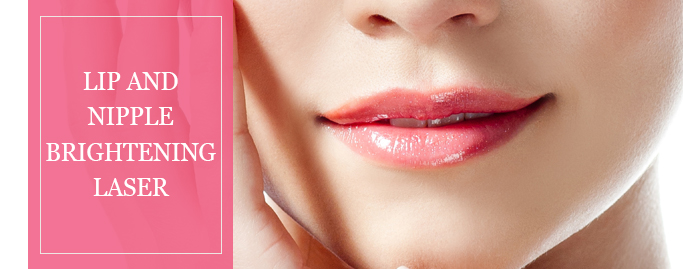
Lip and Nipple Brightening Laser – The advanced laser technology employed by BSL Clinic’s dermatologists accurately targets the problem area to remove dark melanin pigments situated underneath the surface of the skin, without harming the surrounding tissues. The Asclepion Q-Switch Ruby and Revlite are both US FDA approved types of pigmented removal lasers, where treatment results are seen after 1 to 3 sessions (vary between individuals). Anesthetics are applied to the lips or nipples before the laser treatment to minimise discomfort. After treatment, the lips may swell, become red and turn into a thin scab within 2 to 3 days. The scab naturally peels off within 1 week to reveal pink lips. After 2 to 4 weeks, the treatments are repeated to produce practical and desirable results.
Preventative Measures After Treatments
- Avoid harmful chemical substances or stimulants
- Drink water to keep hydrated
- Use natural-based toothpaste
- Avoid licking the lips
- Apply petroleum jelly instead of lip balm
